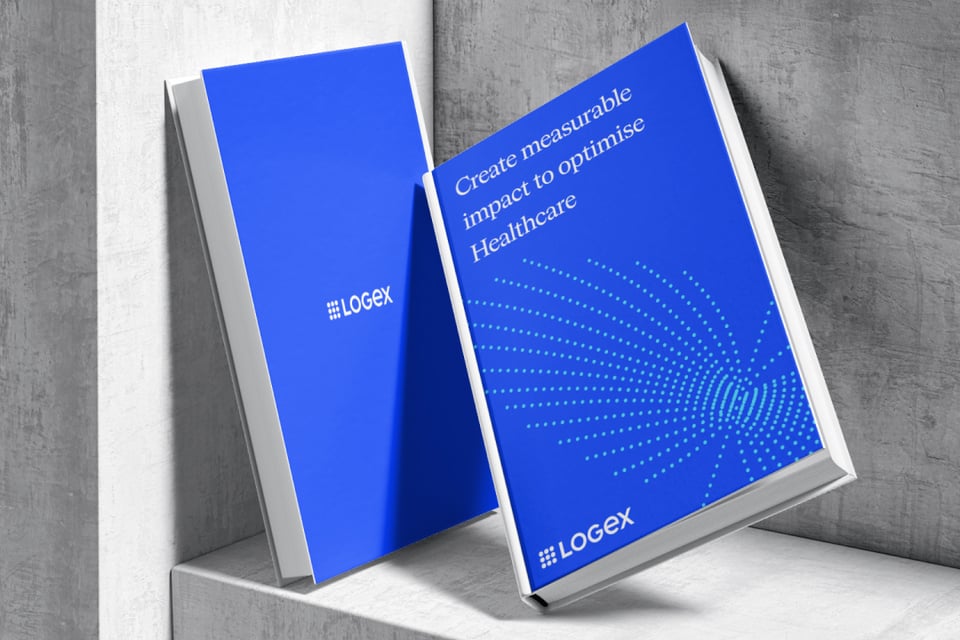Turning data into better healthcare.
Healthcare faces growing demand but limited resources, making affordability, accessibility, and quality a constant balancing act. Our solutions help professionals identify and capture useful data and unlock actionable insights for data-driven decision-making.
Europe’s leading healthcare analytics expert
We’re trusted allies, working alongside our customers to optimise healthcare and positively impact the most meaningful value chain that exists.
Constant growth
A team of more than 400+ in more than 10 countries and growing
Empowered patients
Unique patients involved in decisions via our solutions
Funding impact
In healthcare funding decisions supported annually
Trusted partner
Public and private healthcare providers put their trust in us
Our Healthcare Intelligence Suite

Use real-world data to optimise healthcare for everyone
Benefit from out-of-the-box support and supplementary services

LOGEX's Mission explained
In this video, LOGEX CEO Philipp Jan Flach talks about our mission: turning data into better healthcare . He shares how we make this possible by helping hospitals, clinicians, and healthcare organisations unlock the full potential of the data they already have: transforming it into insights that drive better decisions, better efficiency, and a higher quality of care.
Empowering decisions in your field of expertise
Healthcare organisations worldwide trust LOGEX.

Healthcare Providers
We support those responsible for delivering care to make data-driven decisions they can stand by, with impact they can measure.

Life Science Companies

Government Institutions
We help governmental organisations make better, data-driven decisions by enabling the secure sharing of anonymised data to uncover valuable treatment insights.

Clinical Registries
Rather read customer stories from your field of expertise?

Optimising Healthcare
LOGEX is leading the way in healthcare analytics in Europe. By turning data into actionable insights, LOGEX helps decision makers in healthcare to navigate the sensitive balancing act of affordability, accessibility, and quality of care.
Discover how healthcare professionals are changing the future of healthcare.
Read the latest stories from our customers
Experience it Yourself.
Discover first hand how our solutions can transform data into better healthcare.
We are LOGEX.
We turn data into better healthcare. We empower stakeholders at every level by providing actionable insights with the aim of bringing clarity to decisions that result in the most efficient delivery of optimal healthcare.

Learn how to leverage data
to make better decisions.
Read our latest publications about how we support data-driven decision-making.

AI Practice in the Workplace: Promises and Challenges

My B-Pathway’ Innovative Online Portal for Breast Cancer Patients by LOGEX Patient Engagement

How can real-world evidence be used to solve unwarranted variation in drug up take and clinical guidelines?
Get clarity and control to make better decisions.
Do you have any questions about harnessing data-driven insights for better financial analytics or seek advice? Allow our experts, such as Sarah, to lead the way.
They will reply within 48 hours on business days.



-3.jpg?width=1707&height=1138&name=_DSF3212%20(1)-3.jpg)





